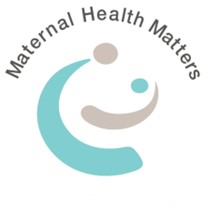World Mental Health Day – 10 October 2022

The upheavals that have taken place across the globe as a result of COVID19 are significant and long lasting with the burden being felt acutely throughout the caring professions, with nurses, carers, teachers and doctors carrying much of the load. Many of these are female dominated industries with women being required to breech the considerable gaps between the requirements for care in their workplace and at home, with a notable toll on their mental health across the board.
These stresses were multiplied for women who were pregnant, birthing and in the early years after the birth. The lockdowns meant that the regular check-ups for pregnant women were either disrupted or cancelled all together. Anti-natal classes were cancelled and visits to the hospital were difficult with the prospect of contracting the virus. The anticipation or anxieties that women may feel before the birth must have been exacerbated with so many unknowns as to the health and wellbeing of both mother and baby. Many of the Birthing Centres in Australia were reassigned for COVID patients and with the lockdowns, arrangements that had been in place for the birth significantly disrupted. Hospitals brought in procedures whereby women were only allowed minimal attendants to be with them during the birth which generally meant only the husband or partner, if anyone at all. And furthermore, there were establishments who adopted procedures whereby babies were held apart from their mothers if the mother was suffering with COVID. Depending on the State regulations during the lockdowns the nurse home visit after the birth may well have been taken online or by phone and the family support that happens for many during those early months with a newborn at home would have been minimal.
The pandemic has contributed to heightened levels of stress and anxiety across the board but further to this the consequences and outcomes for women who were pregnant, birthing and with babies and toddlers were immense which necessarily have implications for the mental health of mothers, fathers and their families. These are stories that are yet to be told.
